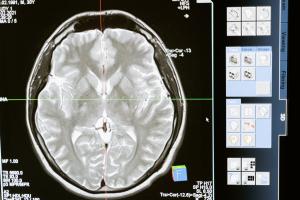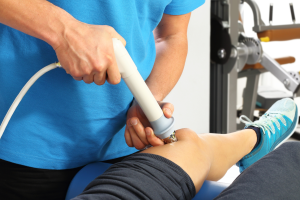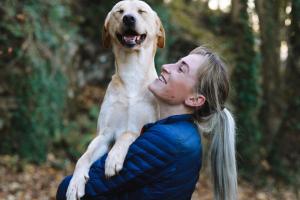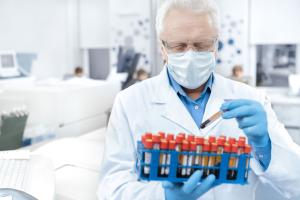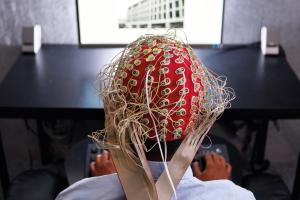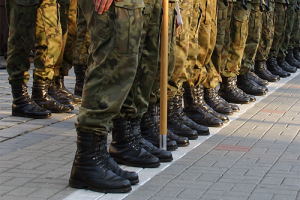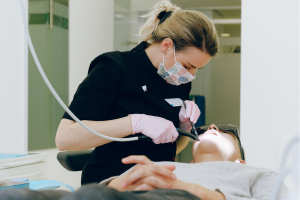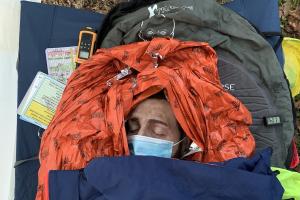Research Focus Areas
Research at the College of Medicine and Health spans the diversity of research endeavours to improve health and well-being. Its strengths include the oncological drug development and molecular therapeutics, the physiology of cardiovascular and musculoskeletal diseases, neuroscience of developmental and social disorders including autism and dyslexia, as well as human health and performance in extreme environments.
Complementary work to address health challenges and improve peoples' lives include rehabilitation following brain-injury and limb injuries/disorders,innovative interventions based on creative arts, programmes to caring and online interventions for informal carers, early educational interventions in Wales, the United Kingdom and lower-middle income countries.
Other areas of excellence include the economics of health and pharmaceuticals. This work is underpinned by further excellence in the evaluation of complex interventions, service development, cognitive neuroscience, bilingualism and behaviour change as well as oncological drug development and molecular therapeutics.
Our research endeavors are guided by three core pillars, each representing a vital area of focus:
Our research endeavors are guided by three core pillars, each representing a vital area of focus
Our research endeavors are guided by three core pillars, each representing a vital area of focus
Our research is highly inter-disciplinary and distinguished by its impact on policy, health and social care service provision and clinical practice.
Cross- cutting themes capture key research activity that takes place across the College of Medicine and Health.
Our research is highly inter-disciplinary and distinguished by its impact on policy, health and social care service provision and clinical practice.
Cross- cutting themes capture key research activity that takes place across the College of Medicine and Health.
Research Excellence in Action: A Closer Look at the Three Schools
The College of Medicine and Health at Bangor University is comprised of three dynamic schools, each fostering a unique research environment that drives innovation and excellence. The college brings together basic and applied biomedical, health and behavioural sciences across three academic Schools:
Within each of these schools, research is carefully managed and supported through a comprehensive framework. Dedicated research teams, state-of-the-art facilities, and robust funding mechanisms provide an environment where researchers can thrive and make groundbreaking discoveries.
The College's commitment to research excellence is evident in its world-leading ranking in the 2021 Research Excellence Framework (REF). This achievement is a testament to the dedication and expertise of our researchers, who are constantly pushing the boundaries of knowledge and transforming lives through their work.
Research Spotlight Stories
REF 2021
Bangor University is a leading research institution in a range of healthcare and human sciences disciplines, consistently ranked among the top universities in the UK for its research outputs. In the 2021 Research Excellence Framework (REF), Bangor's research in Allied Health Professions, Dentistry, Nursing and Pharmacy, Psychology, Psychiatry and Neuroscience, and Sport and Exercise Sciences, Leisure and Tourism was ranked as 'world-leading' or 'internationally excellent'. Our research in Allied Health Professions, Dentistry, Nursing and Pharmacy is ranked 15th overall in the UK. This work supports the University’s Welsh Government-backed flagship plans for a North Wales Medical School at Bangor University from 2024 that will build on our research strengths in Human Sciences and help develop future health and social care that is sustainable, place-based and bolsters the growth of the regional life sciences sector.
Bangor University's research in these areas is making a real difference to the lives of people around the world. The university's researchers are committed to finding innovative solutions to some of the world's most pressing health and social problems. Within the broad theme of Medicine and Health, we submitted to three Units of Assessment. To delve into the details of the submitted case studies under please navigate to this relevant section
Explore Our Recent Publications
Dive into our extensive collection of research publications to stay abreast of the latest advancements in medicine and health. Our researchers are dedicated to sharing their groundbreaking discoveries with the world, and you can access their work directly through our Pure pages.


